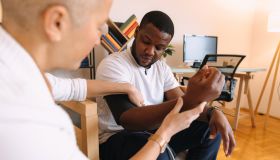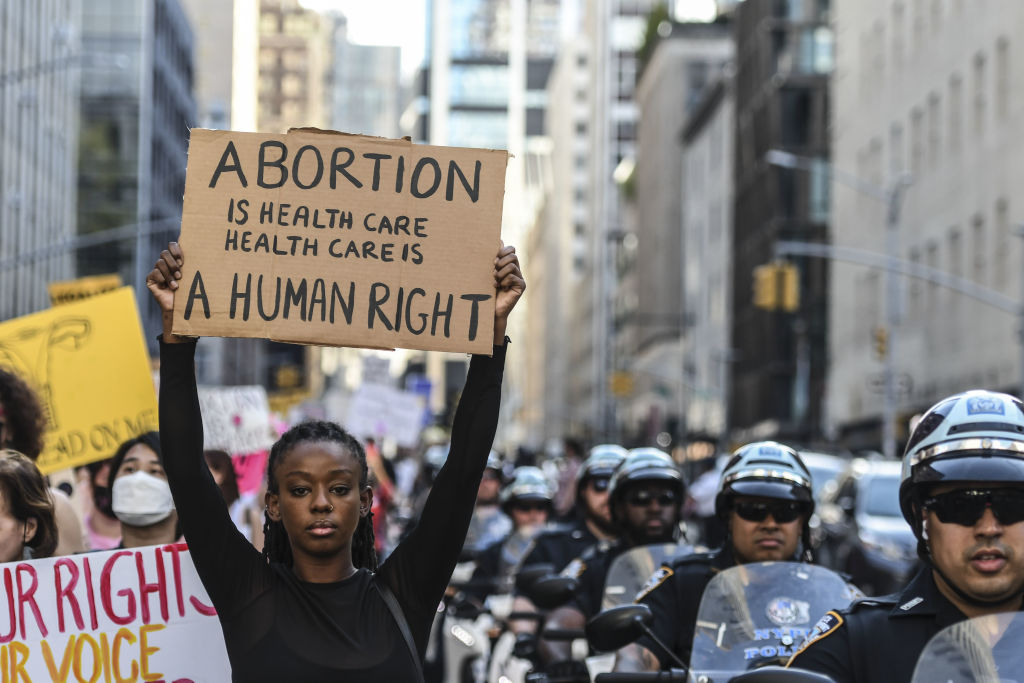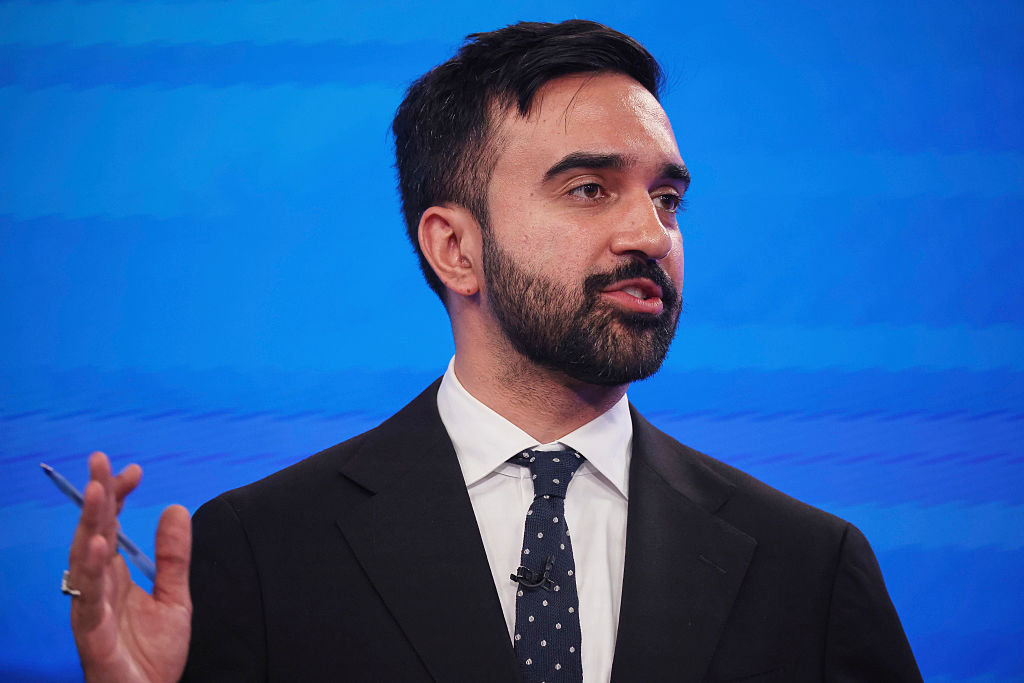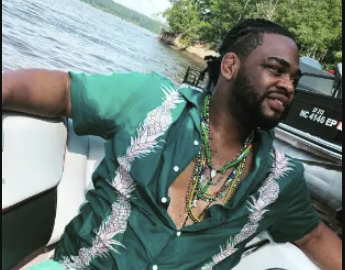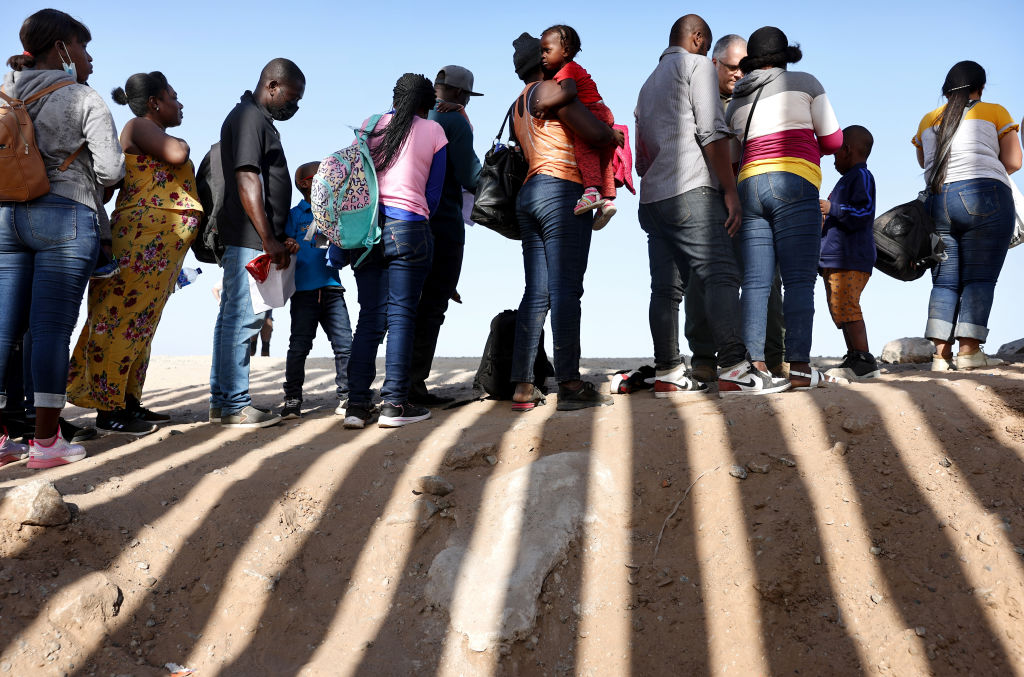Mississippi Coalition Says Abortion Access Is Connected To Other Issues
Mississippi Abortion Access Coalition Lays Out Clear Vision Ahead of SCOTUS Case
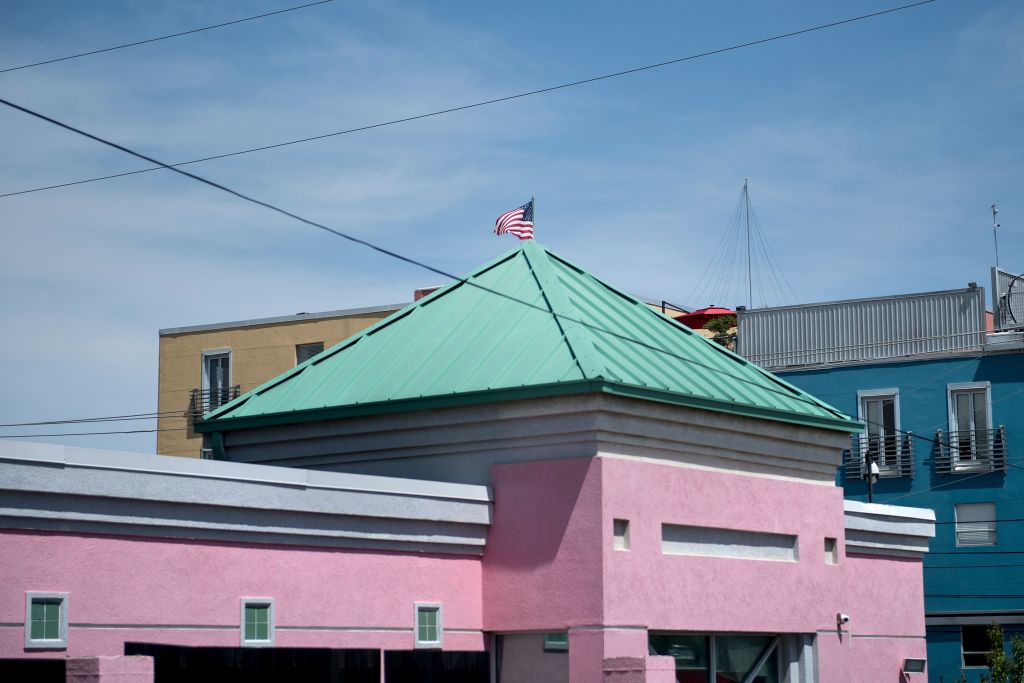
Source: BRENDAN SMIALOWSKI / Getty
One of two states at the center of the national conversation on abortion access, Mississippi is home to a formidable group of organizers. Gathering ahead of the upcoming Supreme Court oral arguments in Dobbs v. Jackson Women’s Health Organization, the Mississippi Abortion Access Coalition provided some critical grounding for what’s at stake in the state and across the country.
Actively working 365 days a year to ensure Mississippians have resources to meet their reproductive health and justice needs, the coalition is committed to the state and region for the long haul.
“Without Roe, even more people across the South and Midwest regions of the U.S. will be without critical access to abortion care; the autonomy to make decisions about their own bodies, lives, future and families taken away,” Cassandra Welchlin, Lead Organizer/Co-Convener, Mississippi Black Women’s Roundtable said. “Centuries of structures, systems and policies have been designed for the purpose of oppressing Black women, meaning that we are disproportionately impacted by every attack on health, economic and social equity.”
According to the group, it’s those issues that require lawmakers’ attention, not banning abortions.
“While abortion is a critical part of health care, it’s not just about health,” Valencia Robinson, Executive Director, Mississippi in Action, said. “It is also directly intertwined with many of the other issues that Mississippi in Action and other reproductive justice organizations focus on, such as racial justice, gender equity, poverty, and mental health. Instead of focusing on finding new ways to ban abortion, we need our lawmakers to make health care more accessible and address the other challenges Mississippians and people across the country face every day.”
Mississippi is one of several states with only one remaining abortion clinic. Michelle Colón, executive director of SHERO, said that no one should accept a ban at 15 weeks.
“You’re pushing a pregnant person farther into pregnancy,” Colón said. “These bans pushing individuals further into pregnancy increases the risks, and we know while risks for abortion are very slim, there are risks in everything right.”
She continued to reiterate how devastating an adverse ruling in the case could be for millions across Mississippi and the country. “It will not change our focus on advocating for all people to be able to access the care they need without medically unnecessary politically motivated barriers and restrictions,” Colón said. “The most important thing is making sure that [people] have the accurate information on what to do.”
Building the resources necessary to keep the community engaged and supported regardless of the case’s outcome, SHERO has been training on using Plan B and getting people access to emergency contraception. Her organization has also partnered with clinics, organizers, and abortion funds across the region to ensure people have what they need if they have to leave the state.
Valencia Robinson, executive director of Mississippi In Action, said that a part of that work is destigmatizing abortion which also requires listening to communities. “Listening to communities when you’re on the ground, you hear different versions of people and their thoughts on abortion,” Robinson said. Part of that listening is also understanding where people are so that organizers can figure out how to reach them. “Believe it, or not a lot of people in the community don’t understand. And that basic education is needed first of all, so people will understand what’s going on.”
Planned Parenthood Southeast’s Mississippi State Director Tyler Harden joined the other speakers in committing to supporting Mississippians for the long haul.
“As we speak, abortion is all but banned entirely in Texas, forcing thousands of people seeking abortions to travel out of state to get the care they need,” Harden said. “Regardless of the ultimate outcome of the Supreme Court case or what politicians try to do to restrict abortion, at Planned Parenthood, we will never stop working to protect reproductive health and rights. We will not turn our backs on patients — not in Mississippi, not in Texas, not anywhere.”
See Also:
Abortion Justice Marches Leverage National Network In Support Of State And Local Organizing



